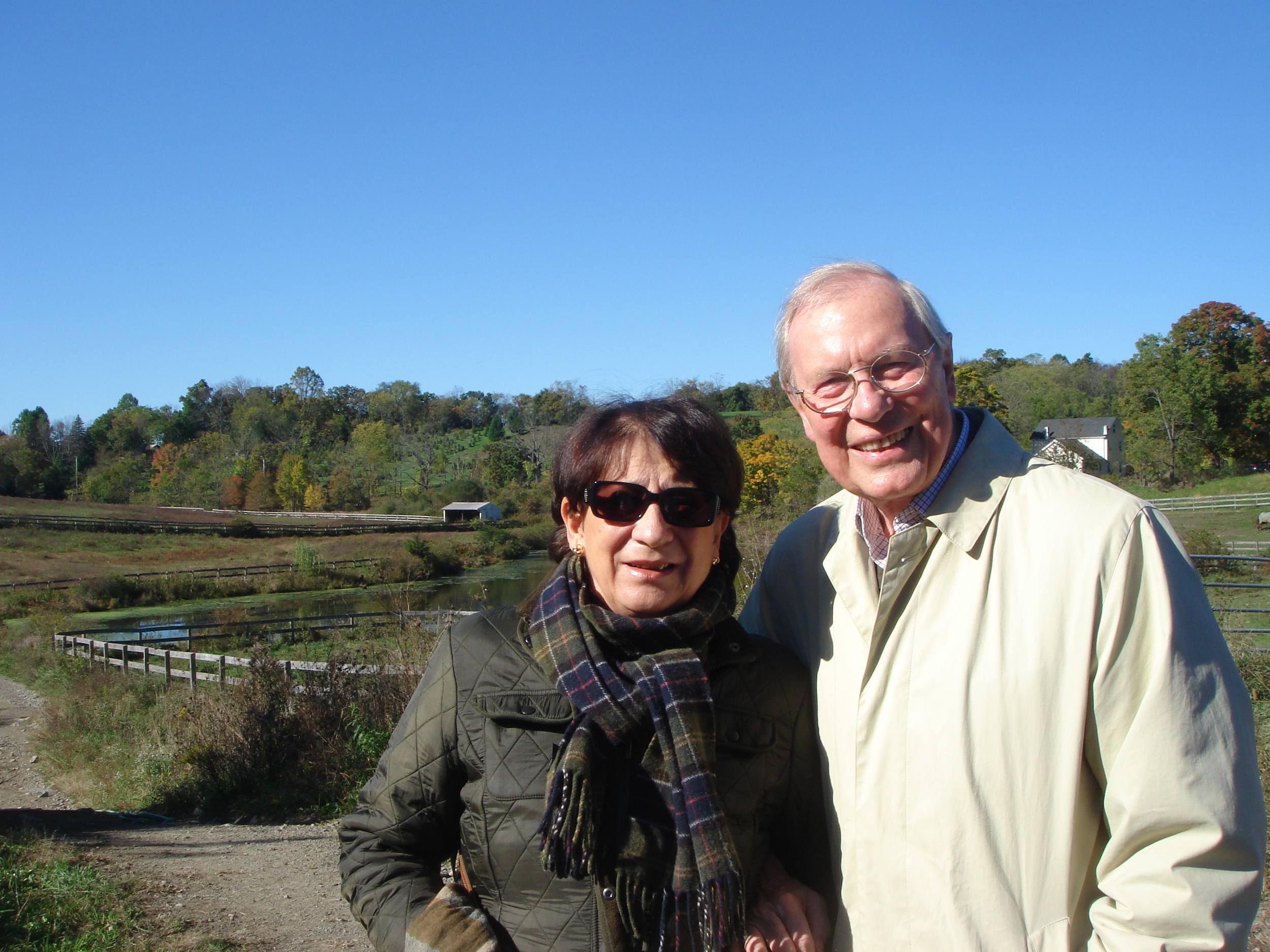Since everyone else will be writing about thankfulness I will write about another aspect that comes up with a lot family togetherness, and that is communication. Communication and conversation can be learned and cultivated. Yet, when we get together with family members on special occasions we tend to replay old relationship records, and those don't always make for the best communication patterns.
Oftentimes we know what sets off certain close relatives. Some people thrive on the controversy that arises when we push each others' buttons, others look for an expected reaction, sometimes we just operate from a groove we have been grinding deeper and deeper, a relationship groove in acting out and perpetuating certain roles. Philip Galanes of the NY Times responded to just such a query in a recent column and recommended adding some new faces to the Thanksgiving people mix to change the chemistry around.
A really good exercise is to put yourself in the other person's shoes because we usually operate from our own emotional needs (not the other person's, we are so egocentric). When I get upset because a family member put the toilet paper roll in the "wrong" way I am upset at my own unmet need for the toilet paper roll to hang my way, so the paper hangs down the front (and is easier to grab). So it goes with all our communications and emotional reactions.
In the practice of nonviolent or compassionate communication (which takes a long long time to get used to, practice and acquire because it goes so against the grain of our culture) we try to understand and address the other person's emotional needs and where they come from when they speak. Something to think about when we sit around the turkey table tomorrow.


